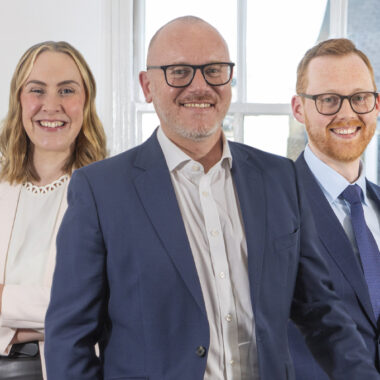
Article
FRP Corporate Finance establishes Leeds presence with senior appointment
Dan Sheahan to lead FRP Corporate Finance’s team in Leeds

Video
The 2025 FRP Corporate Finance Basketball Challenge
Corporate Finance Partners Phil Williams and Abu Ali, have been longstanding supporters of the foundation

Article
Unlocking revenue for growth
Associate Director Rahool Patel delves into ARR lending and the key considerations for borrowers.

Article
Spring M&A update: Signs of resilience despite wider uncertainty
Gary Partridge reviews the latest developments in the M&A market.

Article
FRP Corporate Finance shortlisted for three awards
FRP Corporate Finance named finalists at the North East Accountancy Awards.

Technology
PMC
Advisers to technology service provider, PMC, on its investment from growth capital investor, BGF.

Business services
Fall Protection UK
Adviser to provider of safety decking services to the construction industry, Fall Protection UK, on its MBO.

Financial services
Superbia Group
Advisers to private equity firm, August Equity, on its investment in The Superbia Group.

Industrials & manufacturing
Ascot Doors (Service)
Advisers to nationwide commercial door and roller shutter system maintenance and service business, Ascot Doors (Service), on its sale to building services provider, andwis.

Financial services
Tradeteq
Adviser to trade finance platform, Tradeteq, on its sale to working capital solutions adviser, Silver Birch Finance.

Energy
GEV Wind Power
Advisers to global leading wind maintenance service provider, GEV Wind Power, on its sale to Certek.

Property
Chancellors
Advisers to independent estate agent, Chancellors, on its sale to LRG.

Property
Trust Property Management Group
Advisers to property management services specialist, Trust Property Management Group, on its sale to international property services company, PHM Group.











